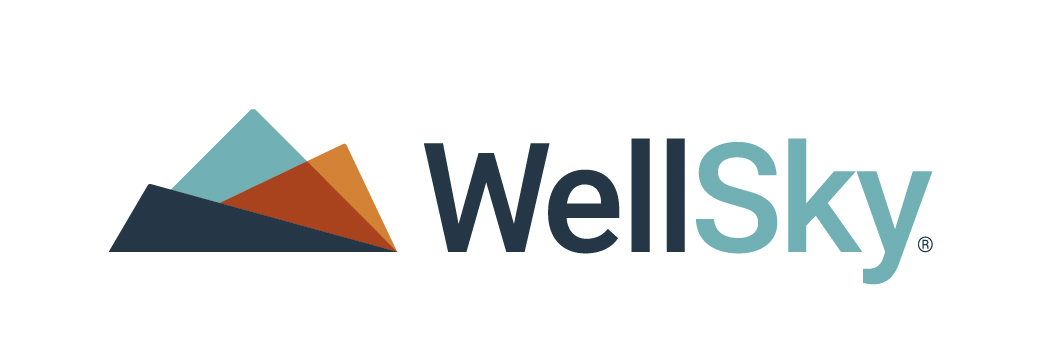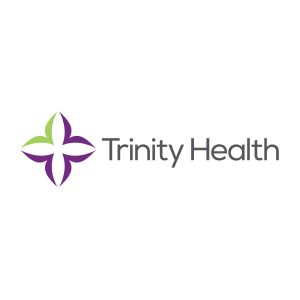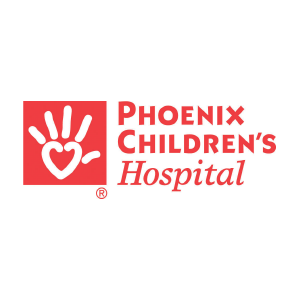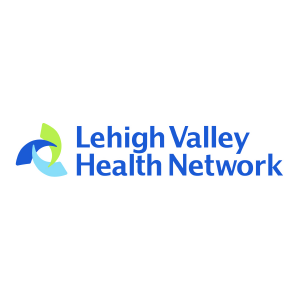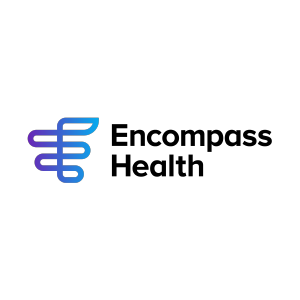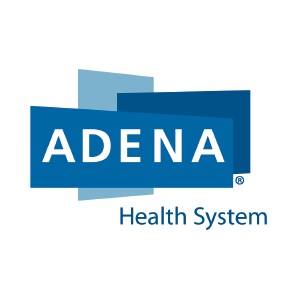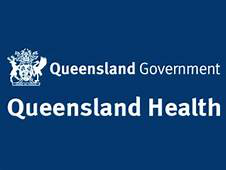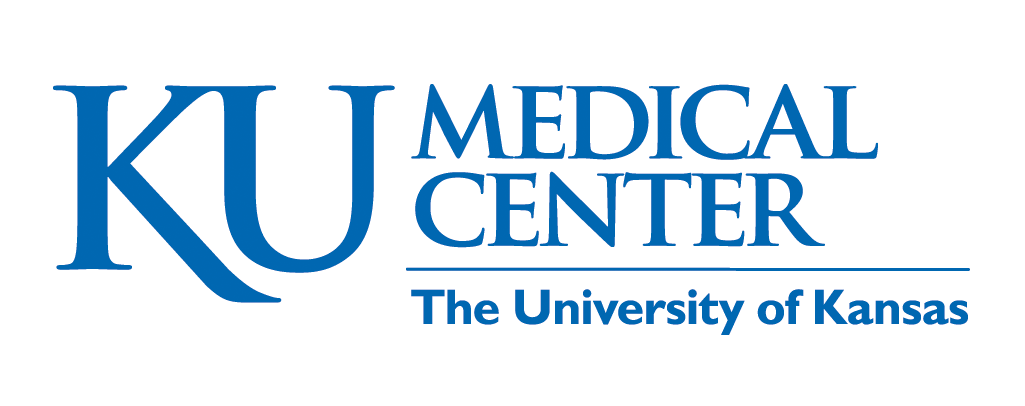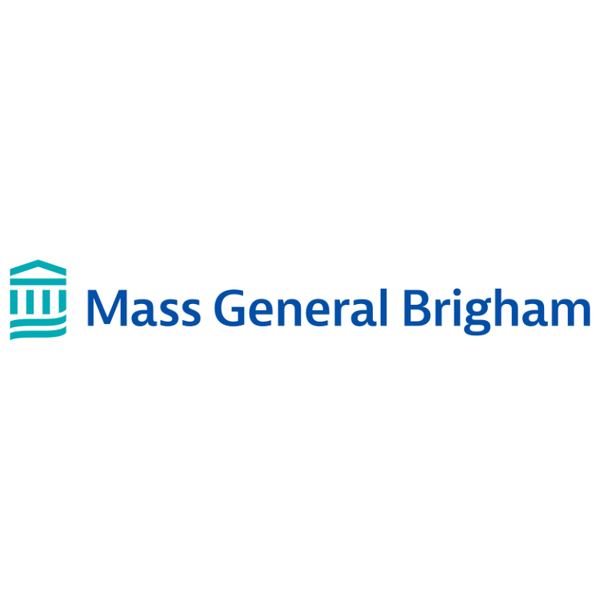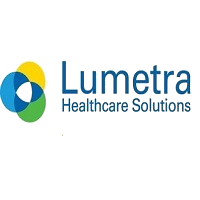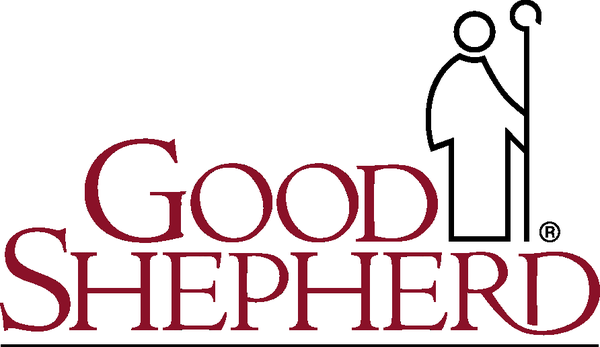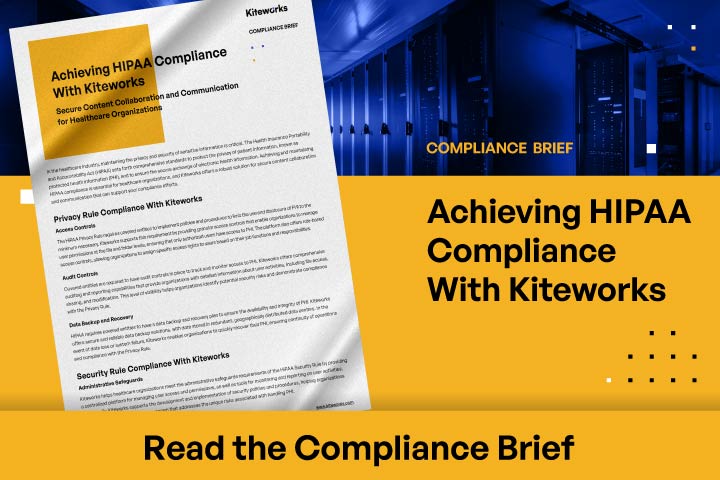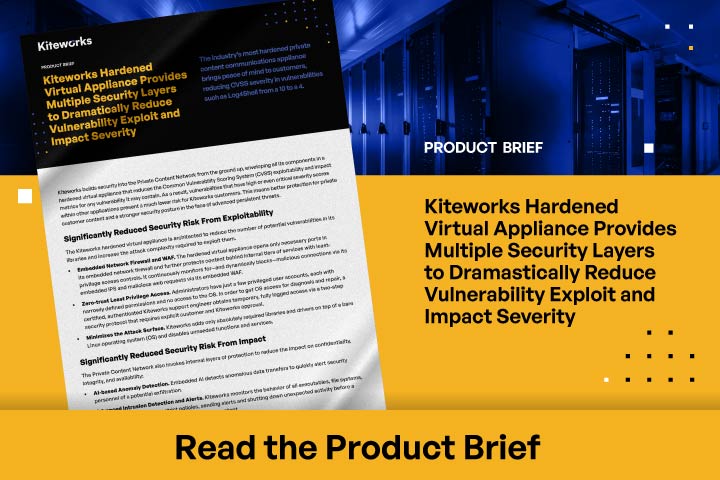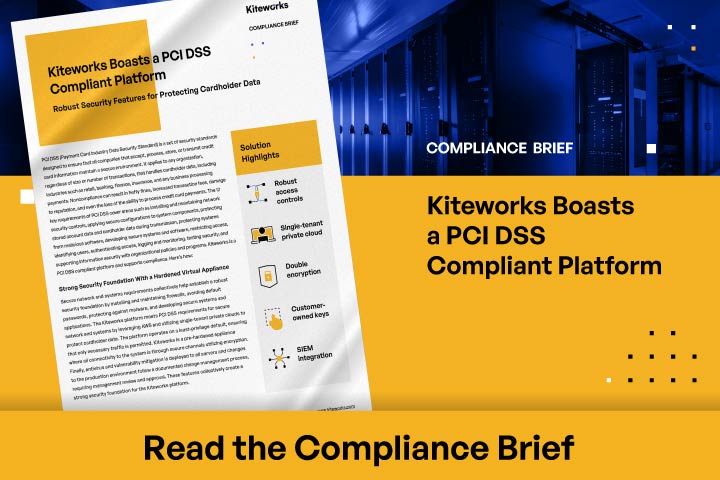
Secure Patient Communication
Healthcare providers need to communicate sensitive health information to patients securely. This ensures patient privacy and compliance with regulations like HIPAA. Kiteworks provides a secure platform for communication, ensuring that sensitive health information is only accessible to the intended recipient. It also provides features like encryption and access control to ensure compliance with regulations.
Collaboration With Other Healthcare Providers
Healthcare providers often need to collaborate with other providers and share patient information securely. This ensures coordinated care and protects patient privacy. Kiteworks enables secure collaboration between healthcare providers. It provides features for secure file sharing and access control, ensuring that patient information is only accessible to authorized personnel.
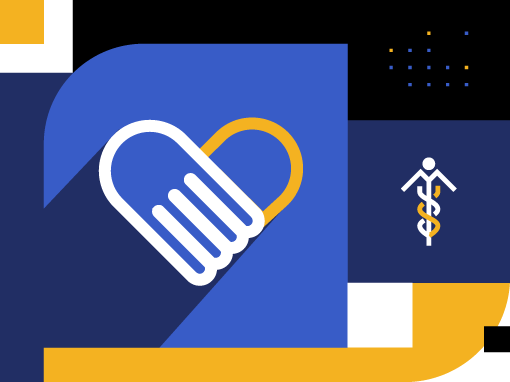
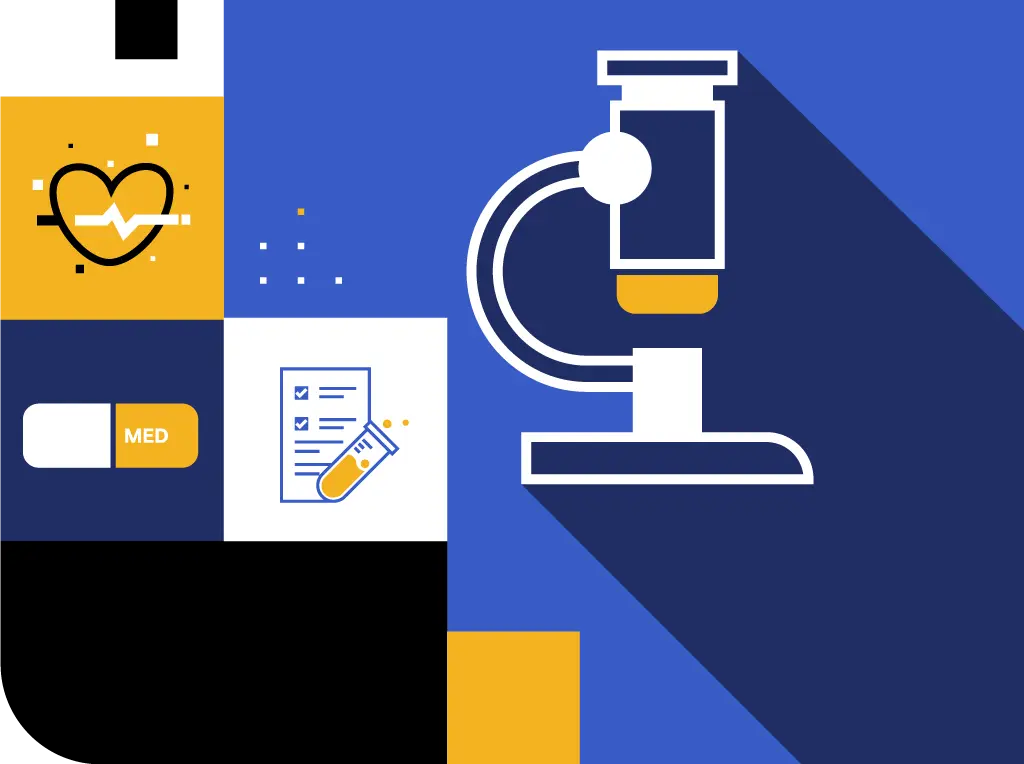
Research and Development
Healthcare providers and researchers need to share research data securely to protect intellectual property and patient privacy. Kiteworks provides a secure platform for sharing research data. It provides features like encryption and secure file sharing, protecting intellectual property and patient privacy.
Compliance with Regulations
Healthcare providers are subject to various regulations that require secure communication of sensitive information. Kiteworks helps healthcare providers comply with regulations by providing features like encryption, access control, and audit logs.
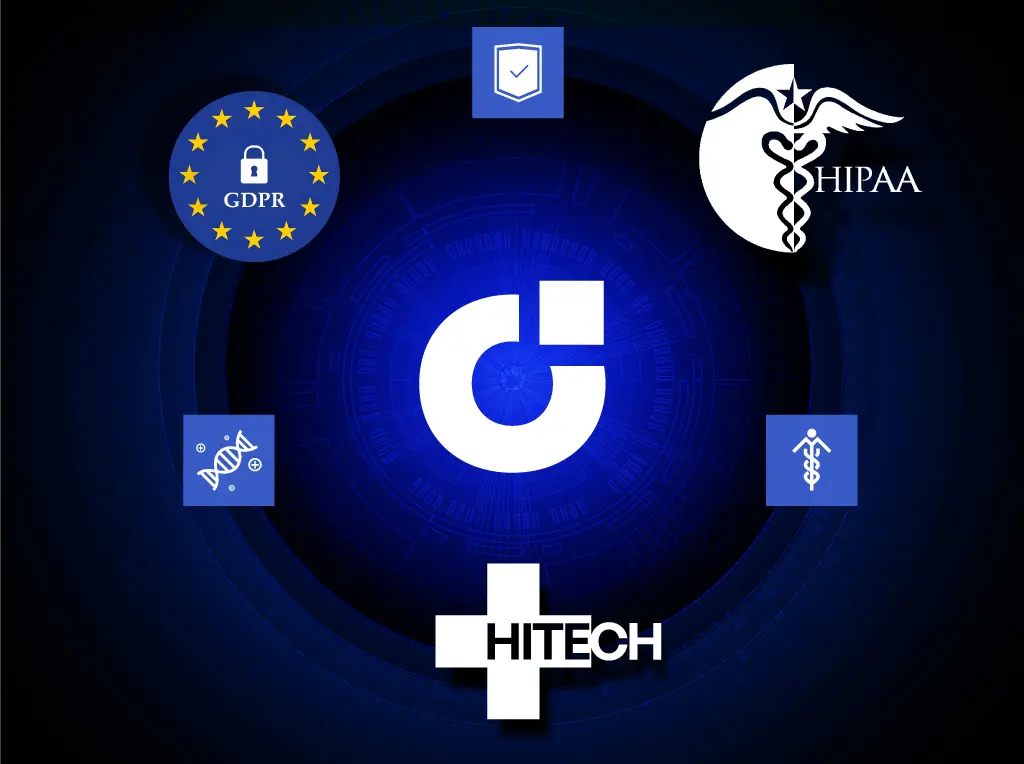
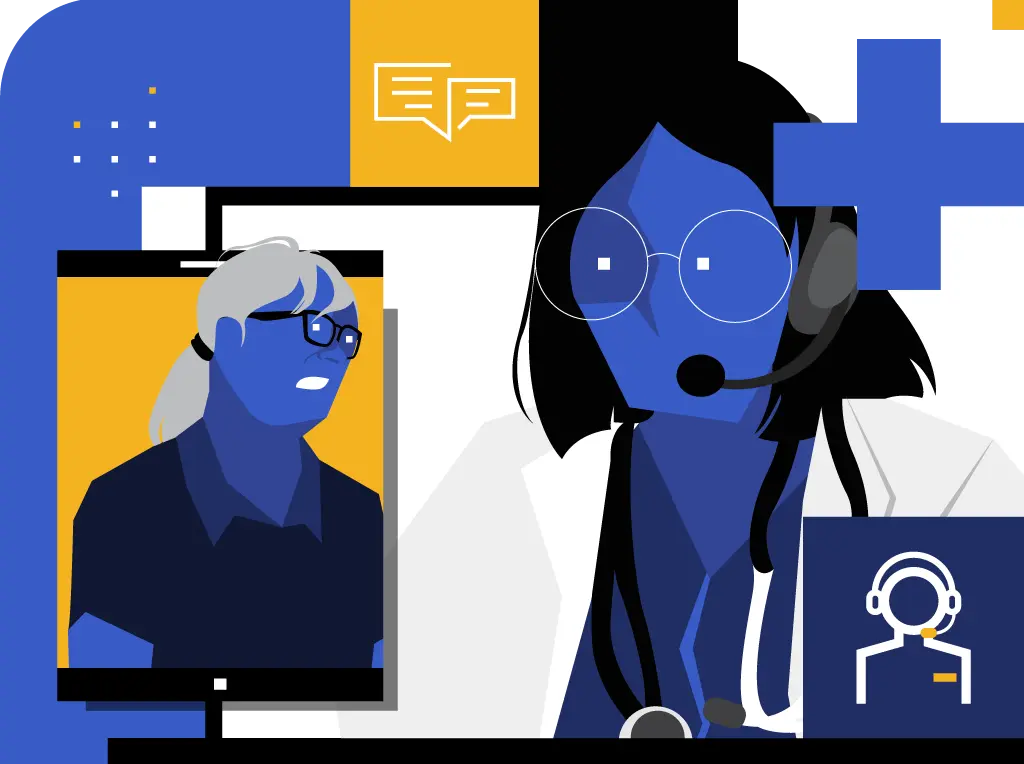
Telemedicine
With the rise of telemedicine, healthcare providers need to communicate with patients remotely and securely. Kiteworks supports secure remote communication, enabling healthcare providers to provide telemedicine services while ensuring patient privacy.
Secure Document Sharing
Healthcare providers often need to share documents such as medical records and reports with patients and other entities. Kiteworks enables healthcare providers to share documents securely. It provides features like secure file sharing and access control, ensuring that documents are only accessible to authorized personnel.
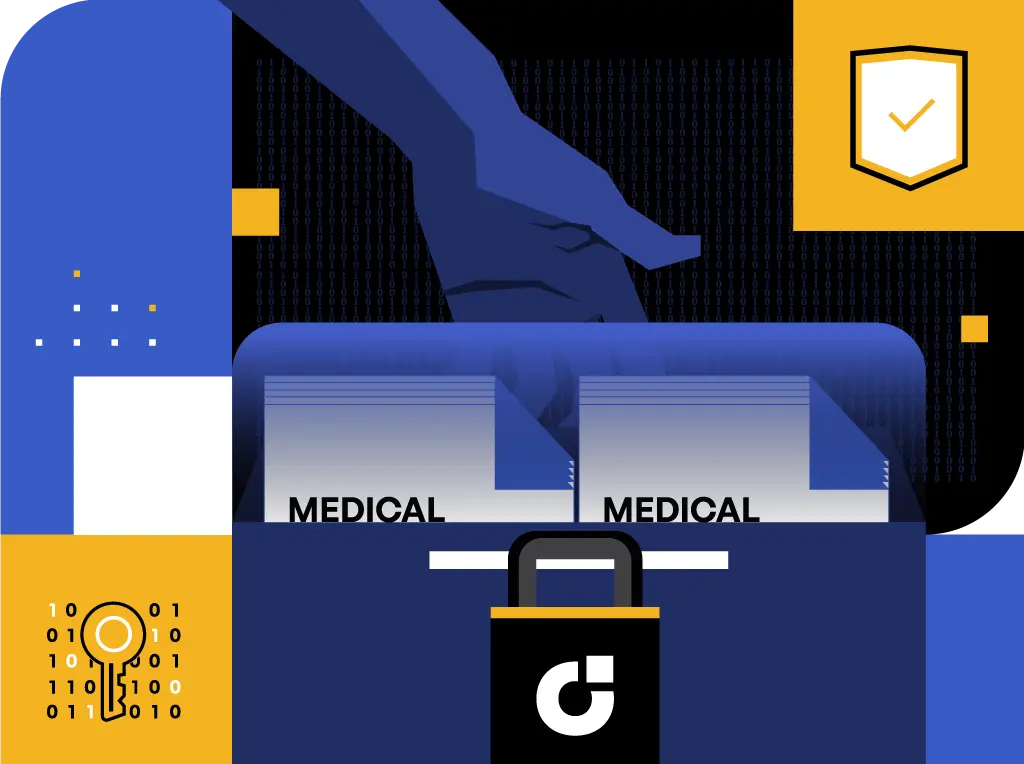

Remote Work
With the increasing trend of remote work, healthcare providers need to ensure that their employees can communicate and collaborate securely from anywhere. Kiteworks provides features that support secure remote work, enabling healthcare providers to communicate and collaborate securely from anywhere.
Vendor Management
Healthcare providers often work with various vendors and need to share sensitive information with them. Kiteworks enables healthcare providers to share sensitive information securely with their vendors, ensuring that the information is only accessible to authorized personnel.

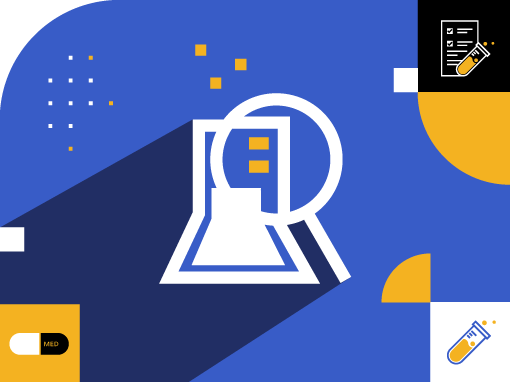
Clinical Trials
Healthcare providers and researchers need to securely manage and share data related to clinical trials. This ensures the integrity of the trial and protects patient privacy. Kiteworks provides a secure platform for managing and sharing clinical trial data. It provides features like encryption and secure file sharing, ensuring data integrity and patient privacy.
Adherence With HIPAA and HITECH
Healthcare providers need to ensure compliance with HIPAA and HITECH, which require secure handling and transmission of protected health information. Kiteworks helps healthcare providers achieve HIPAA and HITECH compliance by providing a secure platform for communication and data sharing, complete with encryption, access control, and audit logs.
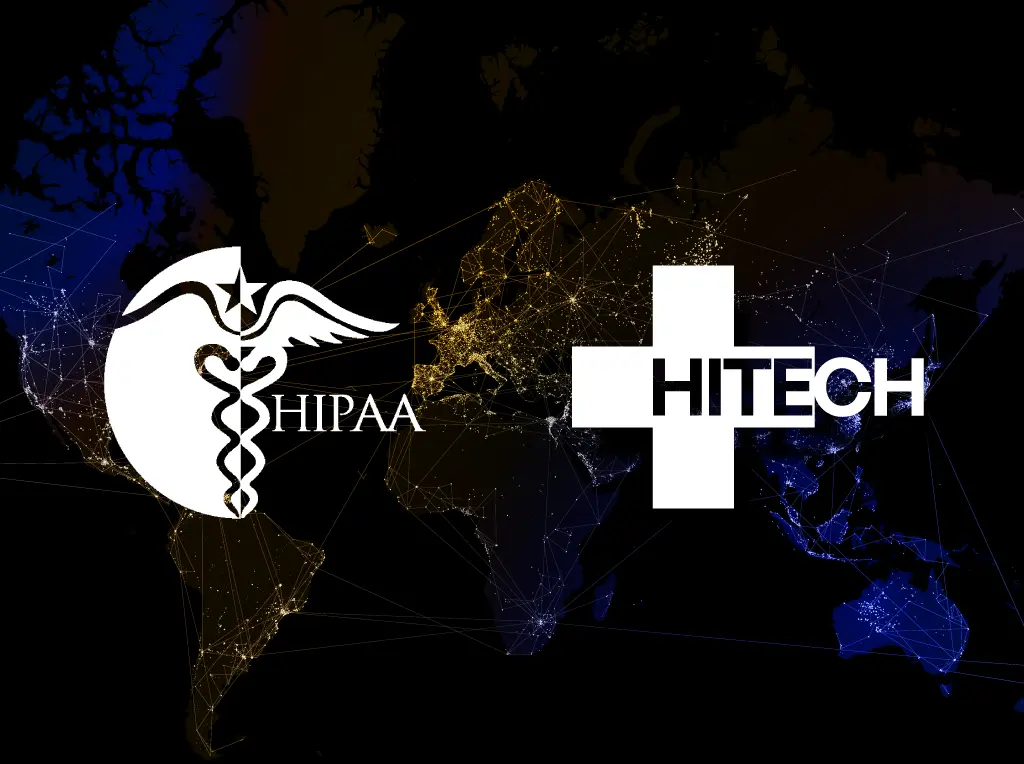
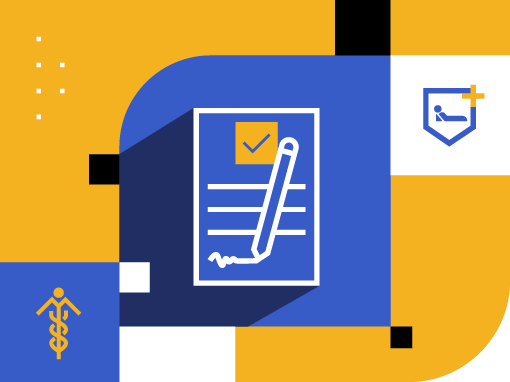
Secure Consultation
Healthcare providers need to securely share patient information and medical images with specialists for consultation. Kiteworks enables secure sharing of patient information and medical images with specialists, ensuring patient privacy and facilitating effective consultation.
Staff Training and Education
Healthcare providers need to securely share training materials and educational content with staff. Kiteworks provides a secure platform for sharing training materials and educational content, ensuring that the materials are only accessible to authorized personnel.

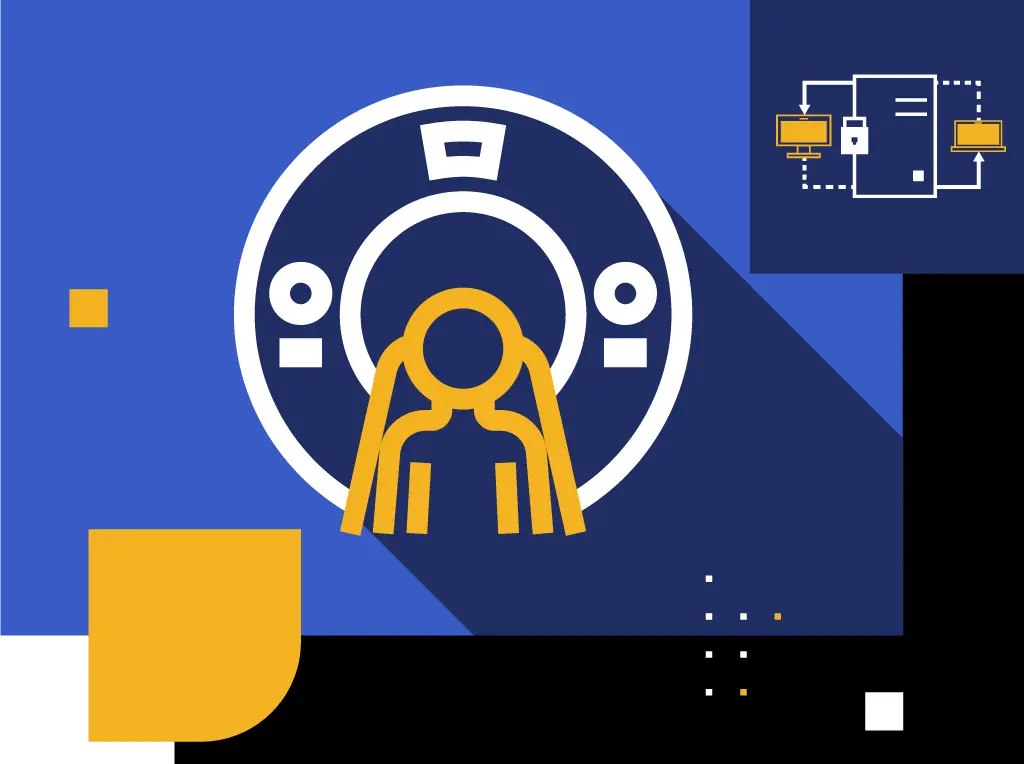
Managed File Transfer in Radiology
Radiology departments often need to transfer large imaging files securely between systems or to other healthcare providers. This ensures the integrity of the imaging data and patient privacy. Kiteworks provides a managed file transfer solution that enables radiology departments to securely transfer large imaging files. It provides features like encryption, secure file sharing, and transfer acceleration, ensuring data integrity and patient privacy.
Secure Web Forms for Patient Intake
Healthcare providers often need to collect sensitive patient information through web forms during the intake process. This information needs to be collected and stored securely to protect patient privacy. Kiteworks provides a secure platform for creating and managing patient intake web forms. It provides features like encryption and secure data storage, ensuring that the information collected through web forms is secure and only accessible to authorized personnel.
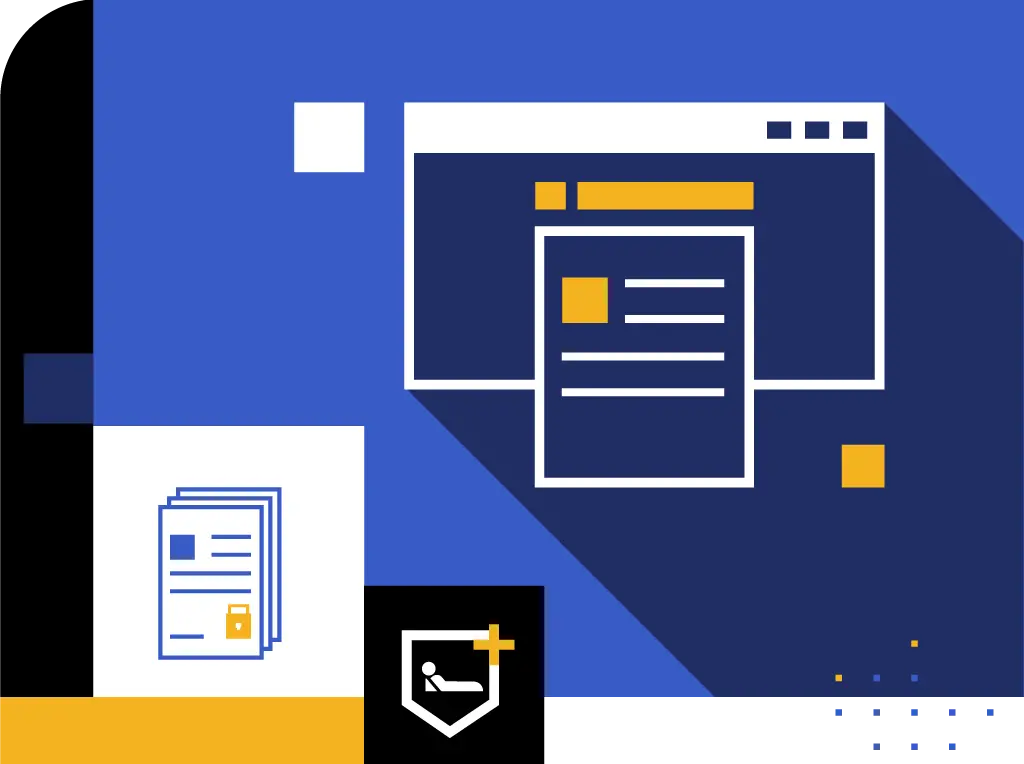
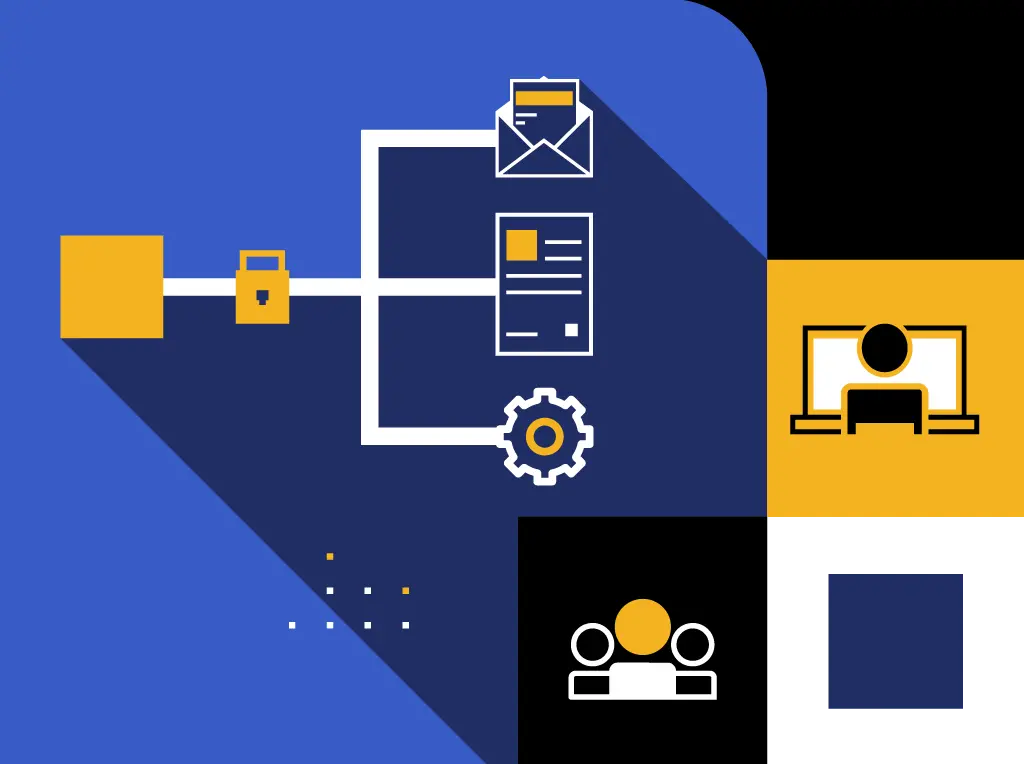
Secure File Sharing and Collaboration for Multidisciplinary Teams
Multidisciplinary teams in healthcare often need to collaborate on patient care and share sensitive patient information securely. This ensures coordinated care and protects patient privacy. Kiteworks provides a secure platform for file sharing and collaboration. It provides features like secure file sharing, access control, and version control, enabling multidisciplinary teams to collaborate effectively while ensuring patient privacy.
Frequently Asked Questions
Healthcare regulations cover a broad range of areas, including patient privacy, clinical practice guidelines, and medical equipment safety, all to ensure healthcare providers operate within ethical and legal boundaries while providing high-quality patient care. This includes the protection of patients’ personally identifiable and protected health information (PII/PHI). Healthcare regulations include the Health Insurance Portability and Accountability Act (HIPAA), the Health Information Technology for Economic and Clinical Health (HITECH) Act, the Patient Protection and Affordable Care Act (ACA), the World Health Organization’s International Health Regulations (IHR), and the General Data Protection Regulation (GDPR). Failure to demonstrate regulatory compliance with these and other regulations can result in severe legal, financial, and reputational repercussions.
Electronic health records (EHRs) are a digital version of a patient’s medical, family, and personal history, collected from multiple sources. It includes personally identifiable and protected health information (PII/PHI) such as name, address, insurance and billing information, prescription information, laboratory test results, radiology images, and more. Electronic medical records (EMRs), by contrast, are a digital version of a patient’s medical chart collected from a single source. It is more focused on a patient’s medical history that can be quickly referenced during patient visits. Both types of records contain PHI, however, EHRs typically contain significantly more PHI. Covered entities (healthcare organizations) and their business associates (partners) must protect these records against unauthorized access in compliance with HIPAA. Failure to do so could lead to violations and fines but also data breaches and loss of customer trust.
Maintaining patient privacy should be a top priority for healthcare organizations. Healthcare organizations and their business associates can protect personally identifiable and protected health information (PII/PHI) with technology solutions like file encryption, role-based access control (RBAC), multi-factor authentication (MFA), data loss prevention (DLP), activity monitoring, and vulnerability scanning, to name just a few. Additionally, healthcare organizations should implement comprehensive policies and procedures to ensure all patient data is securely stored and only accessible by authorized personnel.
The Kiteworks Private Data Network enables radiology and other departments to share large imaging files with consulting physicians and other partners securely and efficiently. Kiteworks secure email, secure MFT, secure virtual data rooms, and other channels are uniquely designed for this use case: no file size limitation, end-to-end encryption and access controls ensure images and records containing personally identifiable and protected health information (PII/PHI) is protected whenever it’s shared externally. Finally, all file activity – who shares what with whom – is tracked and recorded in detailed audit logs to facilitate HIPAA compliance.
Kiteworks enables covered entities and their business associates to exchange personally identifiable and protected health information (PII/PHI) securely to meet HIPAA compliance. The Kiteworks Private Data Network provides a zero trust data exchange, featuring TLS 1.3 encryption for data in transit, AES 256 encryption for data at rest, access controls, multi-factor authentication (MFA), DLP integrations, operating on a virtual hardened appliance, all bolstering healthcare organizations’ vendor risk management or supply chain risk management efforts. Finally, whether a partner accesses, sends, shares, or receives PHI via Kiteworks secure email, secure MFT, Kiteworks secure web forms, or other channel, all file activities are tracked and recorded in detailed audit logs.
FEATURED RESOURCES
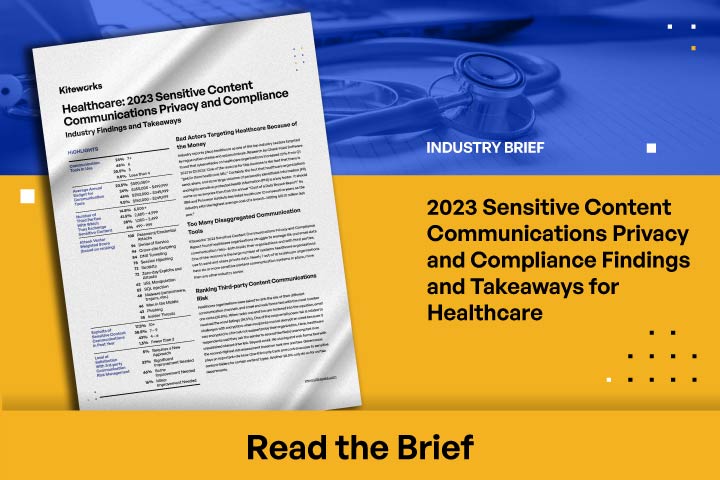
Healthcare: 2023 Sensitive Content Communications Privacy and Compliance
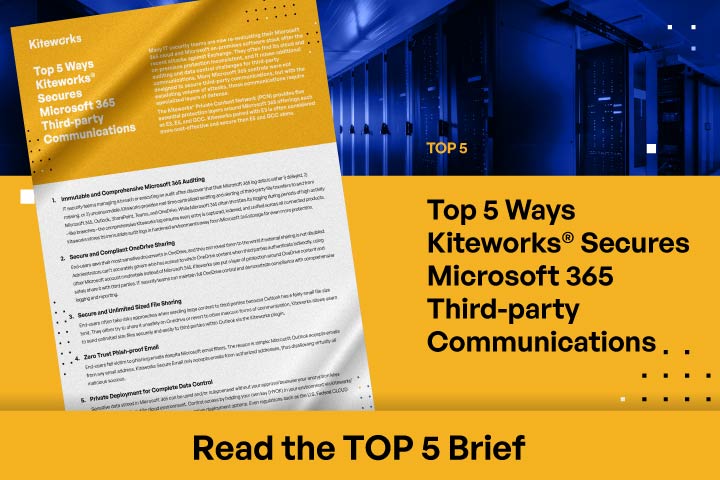
Top 5 Ways Kiteworks Secures Microsoft 365 Third-party Communications
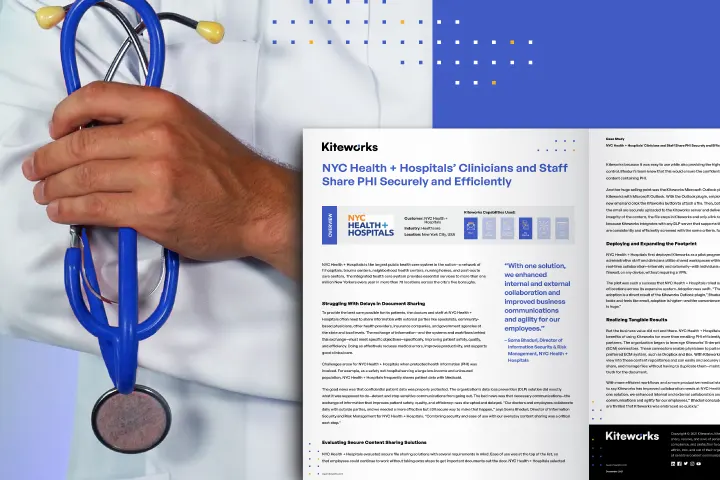
NYC Health + Hospitals: Protecting PHI While Improving Efficiency and Visibility
PHYSICIANS, NURSES, RESEARCHERS, AND ADMINSTRATIVE STAFF RELY ON KITEWORKS TO SAFEGUARD PHI, ACCELLERATE CARE, AND PROTECT PATIENT PRIVACY.
